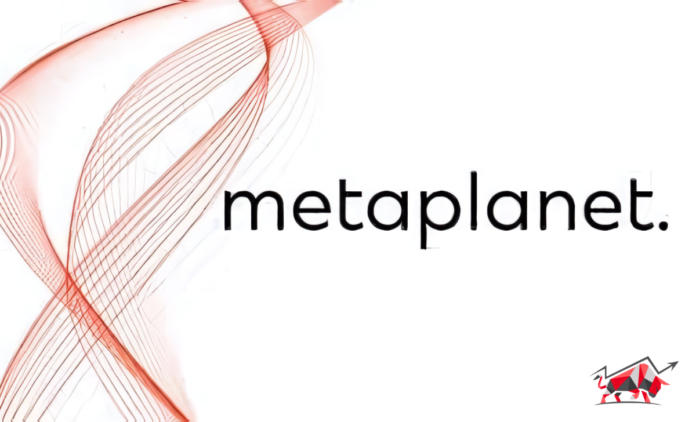Metaplanet, an investment firm based in Japan, has bought 42.4 Bitcoin for ¥400 million ($2.4 million). This is part of its plan to increase its Bitcoin holdings.
Bitcoin is currently trading at $57,652, which is an 8% drop over the last week. It is having trouble getting back to the $60,000 mark.
On July 8, Metaplanet announced its latest Bitcoin purchase in a press release. The company plans to use Bitcoin as a “strategic treasury reserve asset.” With this purchase, Metaplanet now holds over 203 BTC.
Japan’s ongoing economic issues influenced Metaplanet’s decision to invest in Bitcoin. The country faces high government debt, negative real interest rates, and a weak yen. The yen is at its lowest against the U.S. dollar since 1986 and at its weakest against the euro ever.
Rising Interest in Crypto Investments
A survey by Nomura shows that over 500 investment managers in Japan are considering investing in crypto. Half of them are also open to using stablecoins for everyday transactions.
To finance its Bitcoin acquisition, Metaplanet issued ordinary bonds through EVO FUND, raising over $6.2 million. These bonds have a 0.5% annual interest rate and will mature on June 25, 2025.
Though the bonds lack collateral, Metaplanet has secured them with a first-priority mortgage on the land and building of Hotel Royal Oak Gotanda, owned by its subsidiary Wen Tokyo Inc.
Continued Bitcoin Acquisitions
After the Tokyo Stock Exchange closed on July 1, Metaplanet bought another 20.195 BTC for ¥200 million (about $1.2 million). This followed a previous purchase of ¥250 million worth of Bitcoin in June.
Despite being a relatively small firm valued at $97 million, Metaplanet’s move aligns with other companies adding Bitcoin to their balance sheets. For example, MicroStrategy currently holds 226,331 BTC valued at $14.1 billion as of July 2024.
The increasing interest in Bitcoin reflects its growing acceptance, even as the crypto market experiences fluctuations. This includes potential asset liquidations from Mt. Gox and regulatory changes in Germany.


